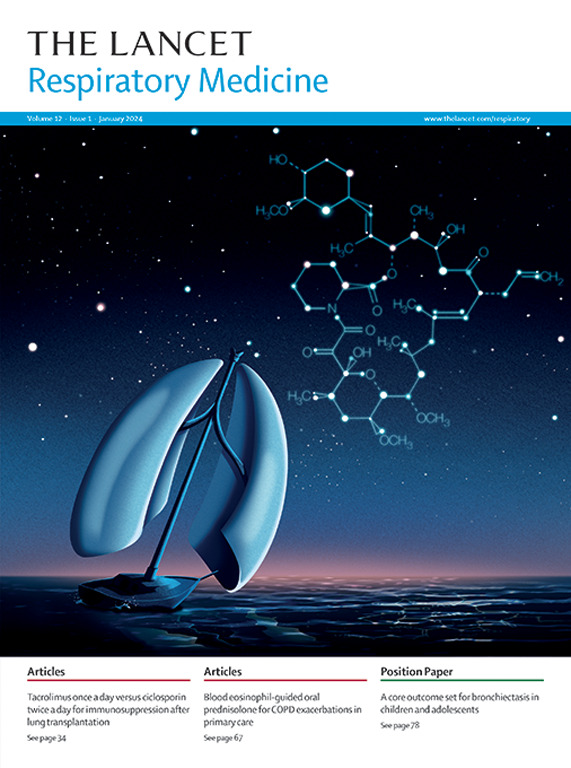Evidence-based personalised medicine in critical care: a framework for quantifying and applying individualised treatment effects in patients who are critically ill
IF 38.7
1区 医学
Q1 CRITICAL CARE MEDICINE
引用次数: 0
Abstract
Clinicians aim to provide treatments that will result in the best outcome for each patient. Ideally, treatment decisions are based on evidence from randomised clinical trials. Randomised trials conventionally report an aggregated difference in outcomes between patients in each group, known as an average treatment effect. However, the actual effect of treatment on outcomes (treatment response) can vary considerably between individuals, and can differ substantially from the average treatment effect. This variation in response to treatment between patients—heterogeneity of treatment effect—is particularly important in critical care because common critical care syndromes (eg, sepsis and acute respiratory distress syndrome) are clinically and biologically heterogeneous. Statistical approaches have been developed to analyse heterogeneity of treatment effect and predict individualised treatment effects for each patient. In this Review, we outline a framework for deriving and validating individualised treatment effects and identify challenges to applying individualised treatment effect estimates to inform treatment decisions in clinical care.危重症护理中的循证个体化医学:对危重症患者进行个体化治疗效果量化和应用的框架
临床医生的目标是为每位患者提供可获得最佳疗效的治疗方法。理想情况下,治疗决策是基于随机临床试验的证据。按照惯例,随机试验报告的是每组患者在治疗结果上的综合差异,即平均治疗效果。然而,治疗对结果的实际影响(治疗反应)可能因人而异,与平均治疗效果相差很大。由于常见的重症监护综合征(如败血症和急性呼吸窘迫综合征)在临床和生物学上具有异质性,因此患者之间对治疗反应的这种差异--治疗效果的异质性--在重症监护中尤为重要。目前已开发出统计方法来分析治疗效果的异质性,并预测每位患者的个体化治疗效果。在本综述中,我们概述了推导和验证个体化治疗效果的框架,并指出了应用个体化治疗效果估计值为临床治疗决策提供信息所面临的挑战。
本文章由计算机程序翻译,如有差异,请以英文原文为准。
求助全文
约1分钟内获得全文
求助全文
来源期刊

Lancet Respiratory Medicine
RESPIRATORY SYSTEM-RESPIRATORY SYSTEM
CiteScore
87.10
自引率
0.70%
发文量
572
期刊介绍:
The Lancet Respiratory Medicine is a renowned journal specializing in respiratory medicine and critical care. Our publication features original research that aims to advocate for change or shed light on clinical practices in the field. Additionally, we provide informative reviews on various topics related to respiratory medicine and critical care, ensuring a comprehensive coverage of the subject.
The journal covers a wide range of topics including but not limited to asthma, acute respiratory distress syndrome (ARDS), chronic obstructive pulmonary disease (COPD), tobacco control, intensive care medicine, lung cancer, cystic fibrosis, pneumonia, sarcoidosis, sepsis, mesothelioma, sleep medicine, thoracic and reconstructive surgery, tuberculosis, palliative medicine, influenza, pulmonary hypertension, pulmonary vascular disease, and respiratory infections. By encompassing such a broad spectrum of subjects, we strive to address the diverse needs and interests of our readership.
 求助内容:
求助内容: 应助结果提醒方式:
应助结果提醒方式:


